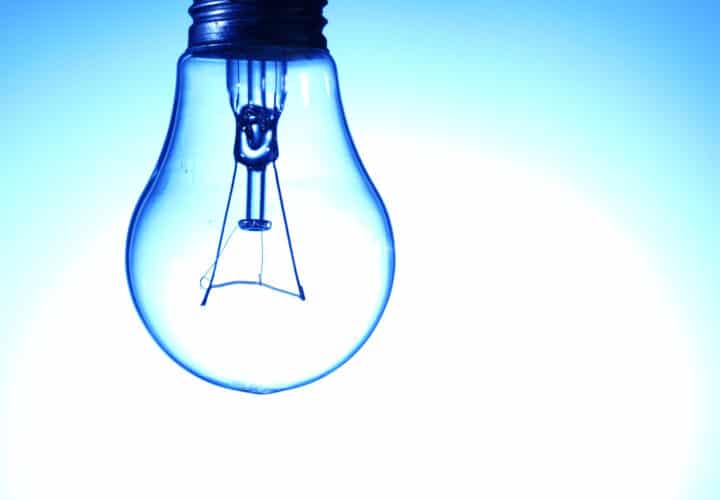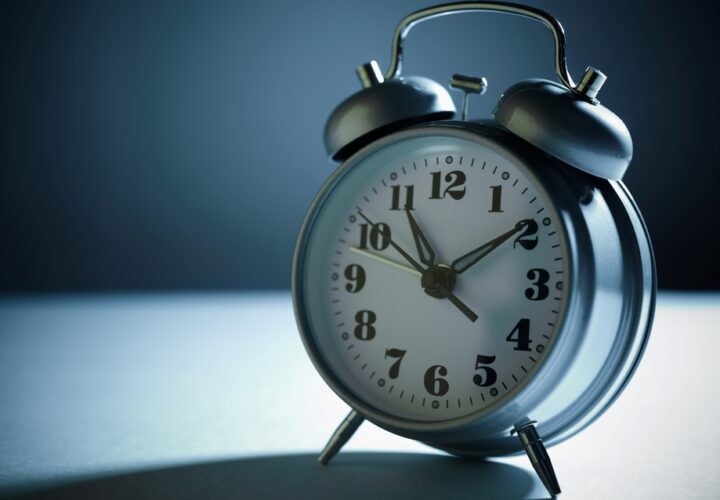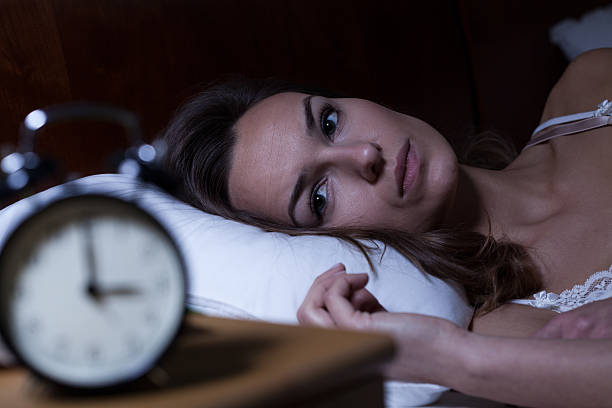The biology of sleep has long been a mystery. Exactly how brain and neurodegenerative diseases like Alzheimer’s might be biologically connected to sleeping disorders has never been entirely clear. But in a new study, scientists discovered more evidence that supports the link between Alzheimer’s and sleep. They found that proteostasis—mechanisms that can clear away harmful proteins in brain cells—may also regulate animals’ sleeping patterns.
The research team honed in on a proteostasis process called PKR-like ER kinase (PERK) which suspends the assembly of proteins when the brain builds up unwanted proteins. It’s one of the three pathways of the unfolded protein response (UPR), a collection of signaling pathways that is activated as proteins misfold and accumulate within the cell.
Knowing that sleep loss causes proteins to misfold and cluster, the researchers asked whether proteostasis is the link between sleep loss and neurodegeneration.
The scientists examined the PERK signaling pathways of zebrafish and Drosophila fruit flies. Not only do fruit flies have simple genetic structures, but they also have sleeping patterns that are similar to humans. Meanwhile, the zebrafish acted as vertebrae models in the study.
When the scientists suppressed PERK signaling in the fruit flies and zebrafish, the animals slept less than normal. On the other hand, the fruit flies slept more when the research team overproduced PERK signaling in their brains.
“The critical thing we are interested in is: how does sleep evolve and what is the function of sleep?” Nirinjini Naidoo, a research associate professor at the University of Pennsylvania School, said in an interview with Being Patient.
The findings suggest that a possible function of sleep could be to regulate protein synthesis, folding and transportation in response to cellular stress.
Previous experiments also support the team’s theory. Research shows the proteins and toxins are cleared from the brain during sleep.
The researchers believe that further studies examining the link between proteostasis and sleep could uncover new therapeutic strategies for improving sleep quality and reducing the risk of neurodegenerative diseases like Alzheimer’s.
Chronic sleep and wake disorders affect around 50 to 70 million Americans. Emerging evidence from studies have linked dysfunctional sleep to the risk of neurodegenerative diseases like Alzheimer’s. Scientists found that losing just one night of sleep may increase tau protein, a biomarker associated with Alzheimer’s.
This latest study may also pave the way for future research in brain aging.
“We are very interested in looking at aging because during aging, sleep becomes very disrupted … so we can now look at the interaction or the relationship between aging, PERK regulation and sleep,” Naidoo said.






Hello and thanks for providing very useful and informative information on your site. I read everything you post.
My question is- If I wake up during deep sleep and use the restroom in the middle of the night do I lose the brain wash effect clearing out the proteins associated with dementia? Or can I return to sleep a few minutes later and the clearing brain wash resumes from the time I awoke?Thank you very much,
Jeffrey Belf
Thanks for your comment and question Jeffrey. We have forwarded to the reporter to see if he can offer more insight.
This is a great question Jeffrey! Researchers say they’re not entirely sure whether people would lose their brain wash effect if they wake up during deep sleep. Scientists haven’t done studies that last throughout the night to examine your particular question. Though some researchers predict that brainwash may resume once a person falls back asleep. If you’re interested in delving deeper into the topic, here’s a Being Patient interview with a researcher on the brain science of sleep: https://www.beingpatient.com/brain-on-sleep-dementia-prevention/